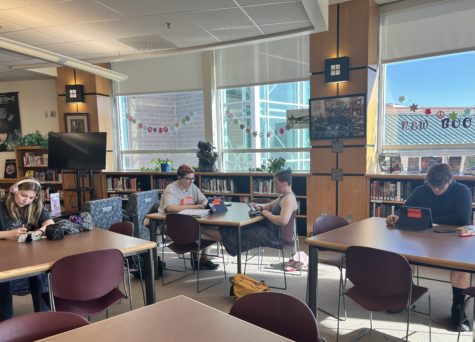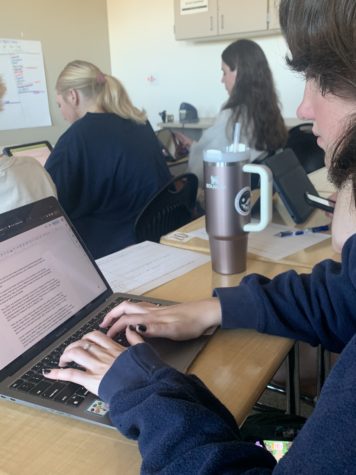OpEd: A Good Night’s Sleep: How do Screens Factor in?
Photo courtesy of Creative Commons
Getting a good night’s sleep is very important for a person’s health, especially for teenagers. However, many Americans end up on a screen right before bed which can negatively affect a person’s nighttime routine.
Getting a sufficient amount of sleep at night is extremely important for people of all ages, but this especially applies to teenagers ages 13 through 18. With their brains still developing, a good amount of sleep helps improve attention span during the day, academic performance, emotional well-being, and energy levels.
Although the recommended amount of sleep for teenagers is somewhere between 8 to 12 hours a night, there are many aspects that make this difficult to achieve. These factors include an ample amount of homework in the evening, extracurricular activities such as sports or work, a busy social life, an early start to school in the morning, or an inordinate amount of screen time.
According to Weill Cornell Medicine-Qatar, not getting enough sleep at night can contribute to a lack of attention, increased risk/likelihood of depression, mood swings, as well as a negative impact on academic and athletic performance. If receiving not enough sleep has so many negative impacts on a person’s health, then why do it?
A big contributor to a lack of sleep in teenagers are their devices and the amount of screen time they get, especially right before sleeping. According to the National Sleep Foundation, approximately 90% of Americans use a screen right before bed.
In an article Screens and Your Sleep: The Impact of Nighttime Use, it is stated that screens produce blue light which when absorbed right before sleeping, influences and suppresses our production of melatonin (a hormone produced by a tiny organ near the center of your brain called the pineal gland that helps control the body’s sleep cycle).
Joanna Cooper, M.D., a neurologist and sleep medicine specialist with the Sutter East Bay Medical Foundation, points out that even what we are doing on our devices can cause us to become overstimulated and hyper instead of calm or relaxed. This can trick our brains into thinking that it’s time to be awake and energized instead of beginning to wind down.
“The light from our screens can delay our transition to sleep, even if we are engaged in some soothing activity online,” Dr. Cooper said in the article, “But it’s more likely that our evening texting, television shows or video games are stimulating in themselves, keeping the brain busy and wound up, and even causing adrenaline rushes instead of calm.”
Cutting out all screen time entirely for teenagers at night might be pretty unrealistic, but there are some different steps that one could take to not exceed the recommended two hours. For one, setting up a consistent evening routine will help with time management and certain screen limits. Other things to swap for spending time on a device could include reading, writing, journaling, meditating, etc. Another tool to try, might be to put any devices outside the bedroom an hour or so before sleeping in order to help with winding down.
Ireland Miramontes, a freshman at Silver Creek High School has a pretty functional night time routine that works for her.
“I really look forward to night time,” Miramontes said, “I usually will take a shower, brush my teeth, wash my face, stuff like that. Then I’ll watch an episode of a show sometimes but usually end up reading something.”
Miramontes agrees that because of her mostly screen-free evening, she feels more energized and in a better mood the next morning. Limiting screen time use before bed is not only a great way to get a full peaceful night of rest, but may also present one with the chance to try something new and enjoyable that is more relaxing.
Sleeping is one of the most important ways to keep a healthy body and mind, as well as an enjoyable and energetic attitude towards the things in life that we spend everyday doing.

Shanti Berman is a freshman here at Silver Creek High School. This is her first time taking journalism, and she is excited to apply what she learns in...
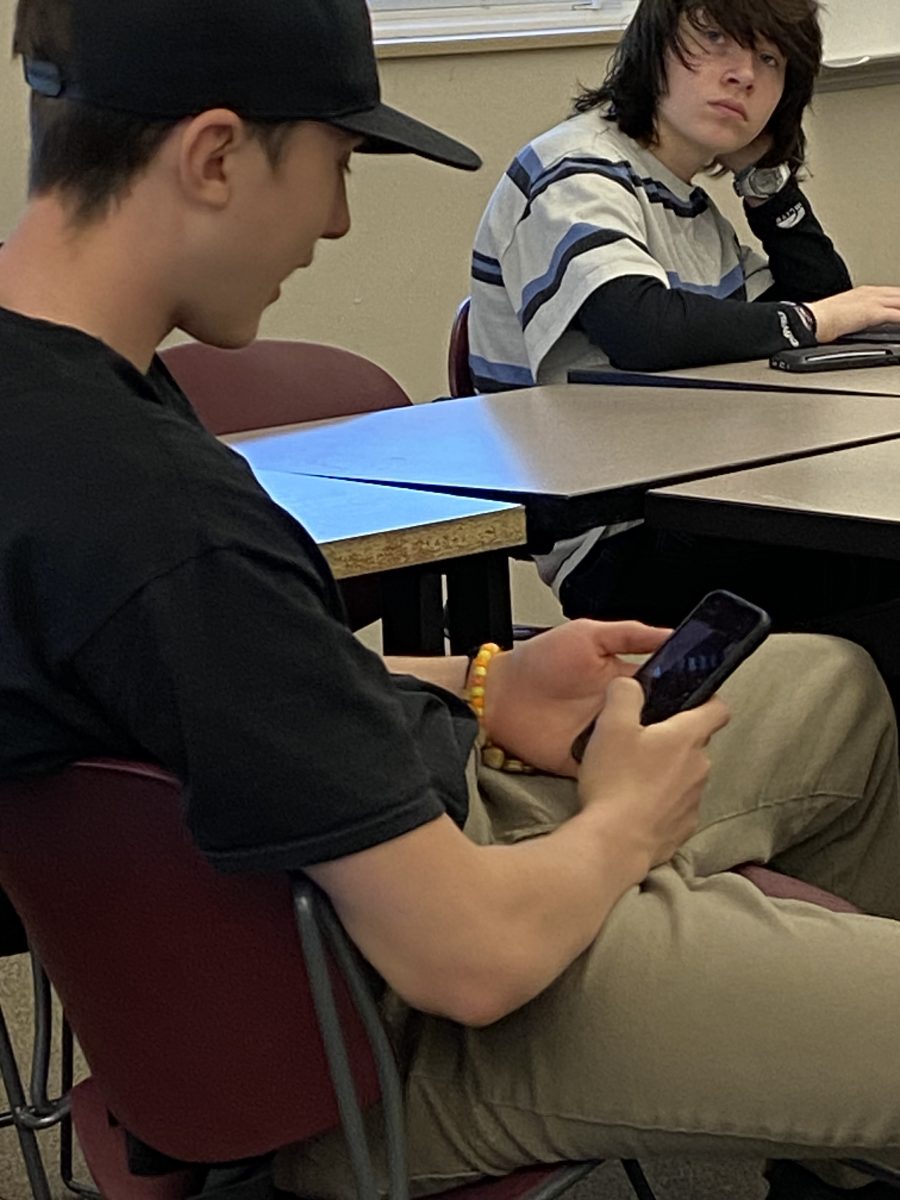








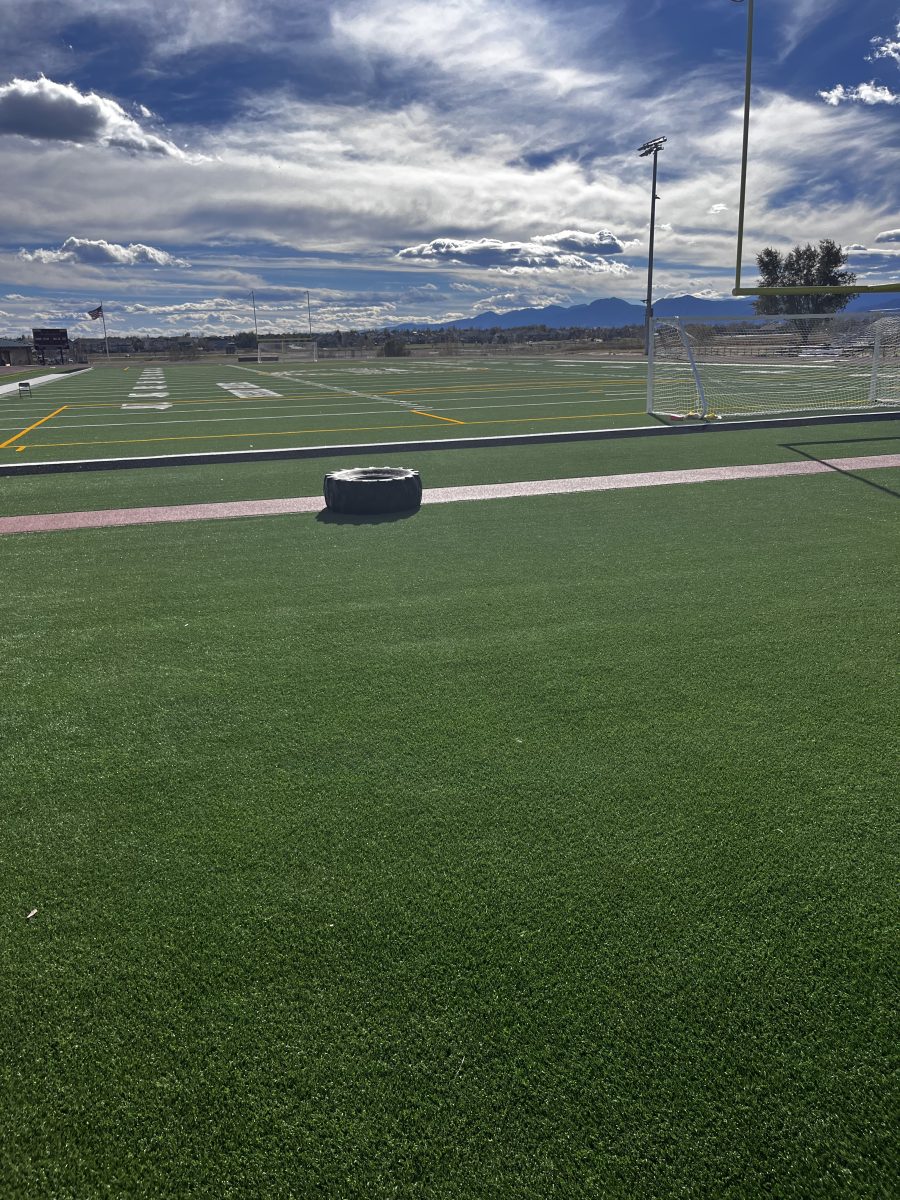
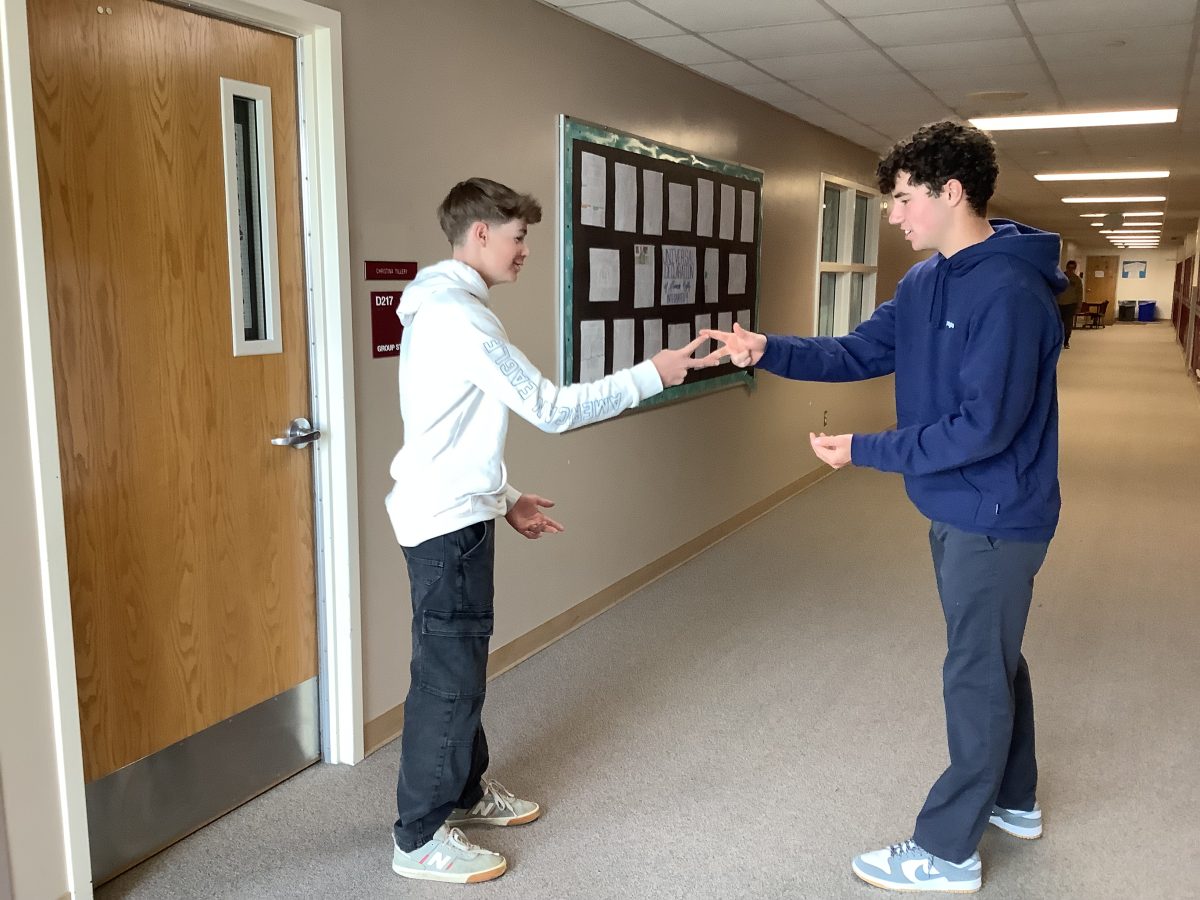
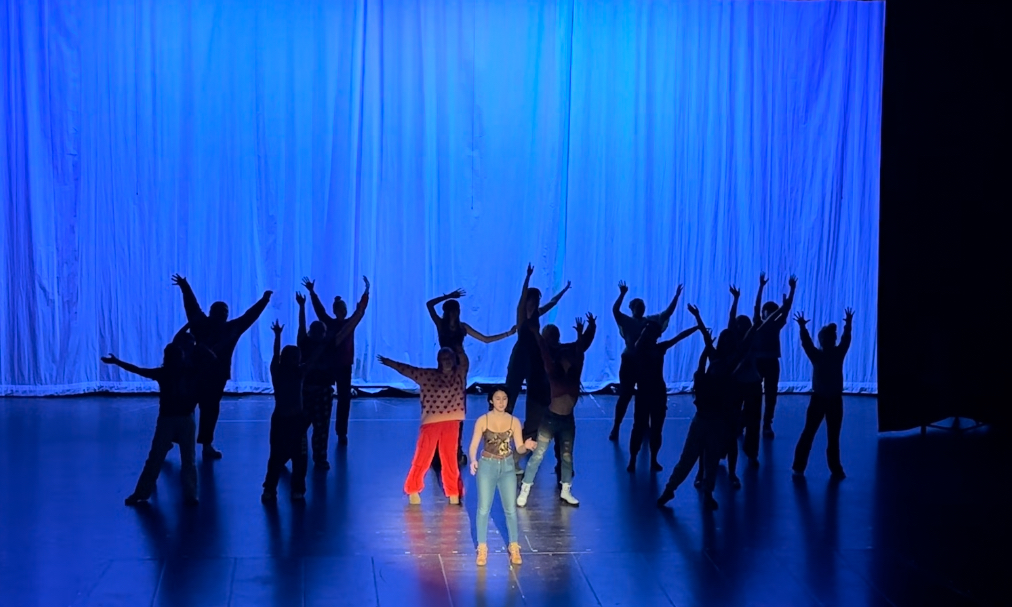
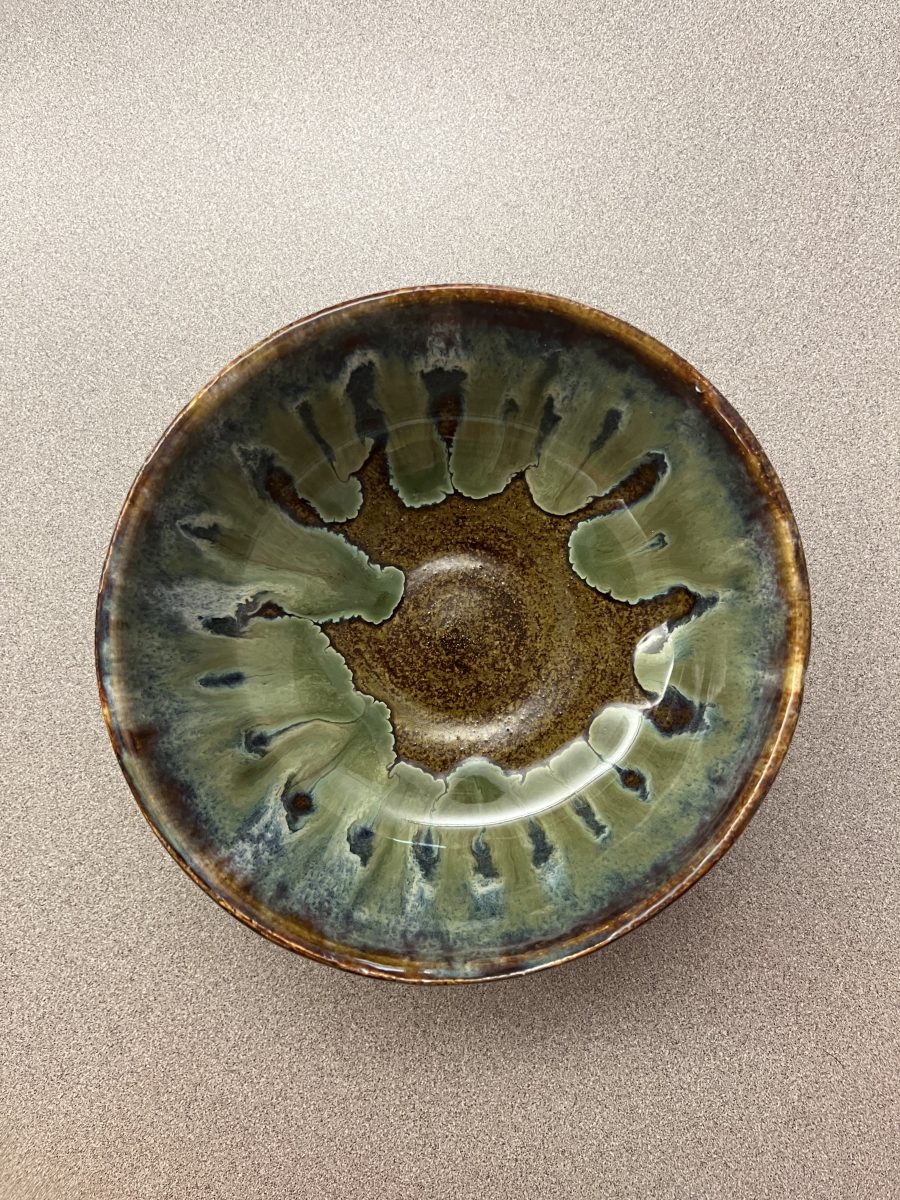

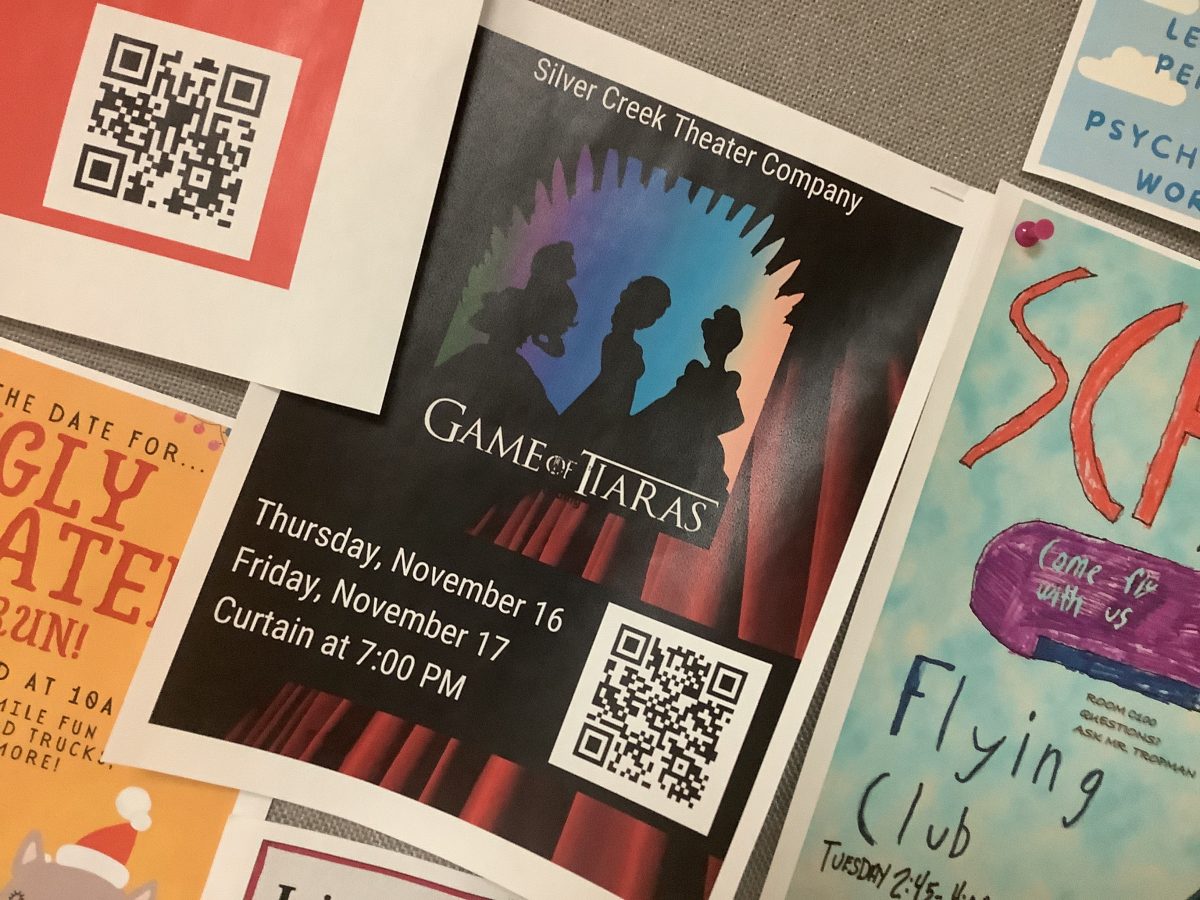

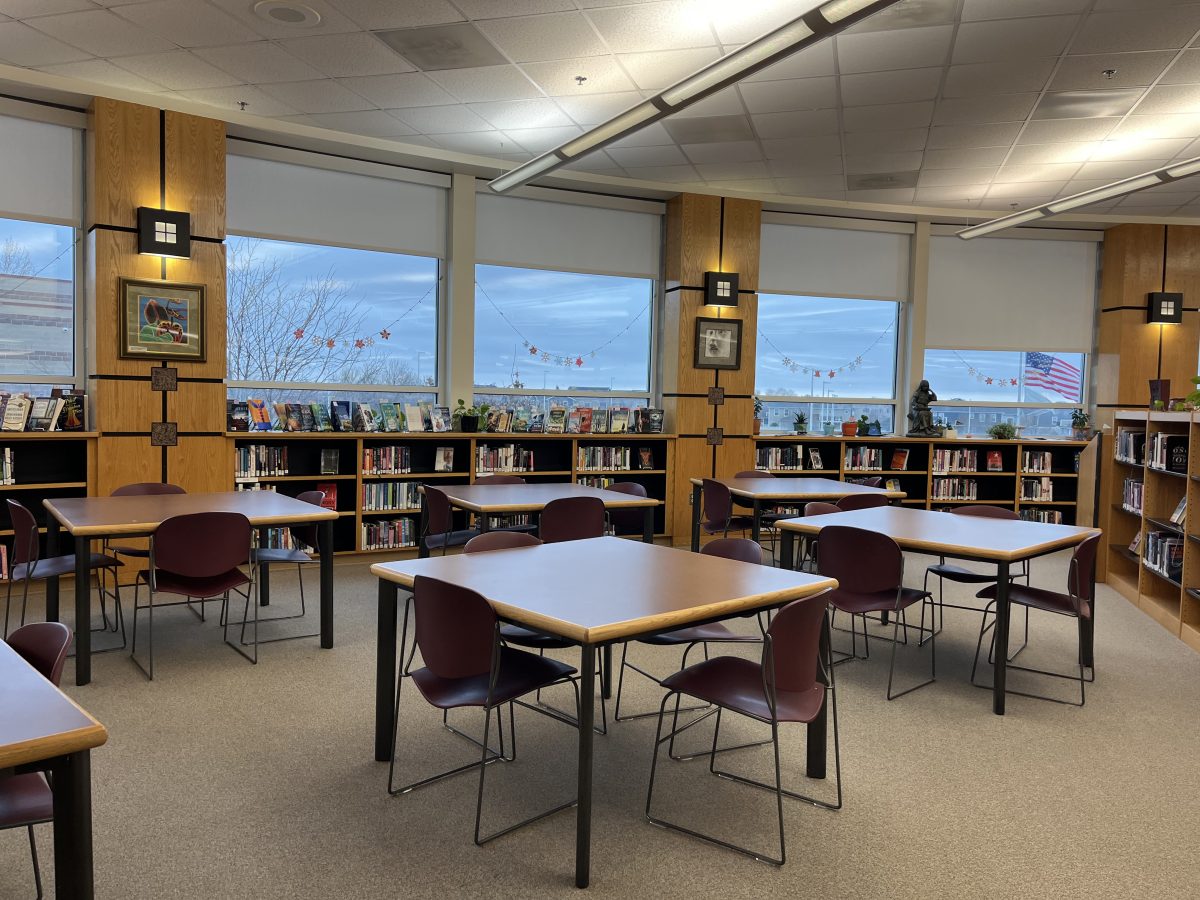






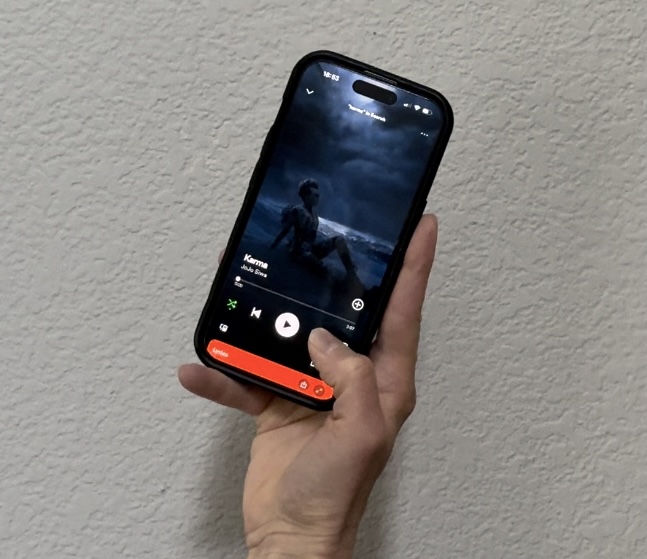
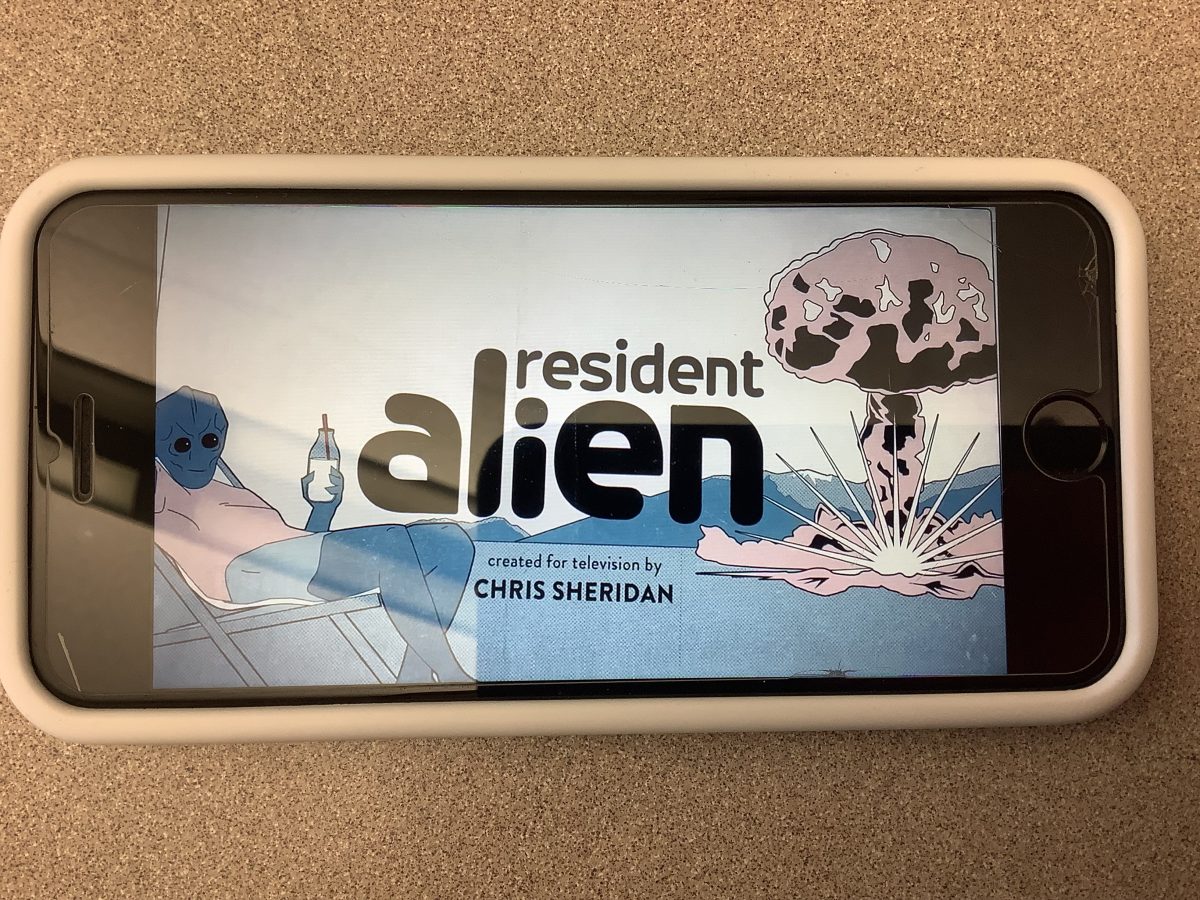





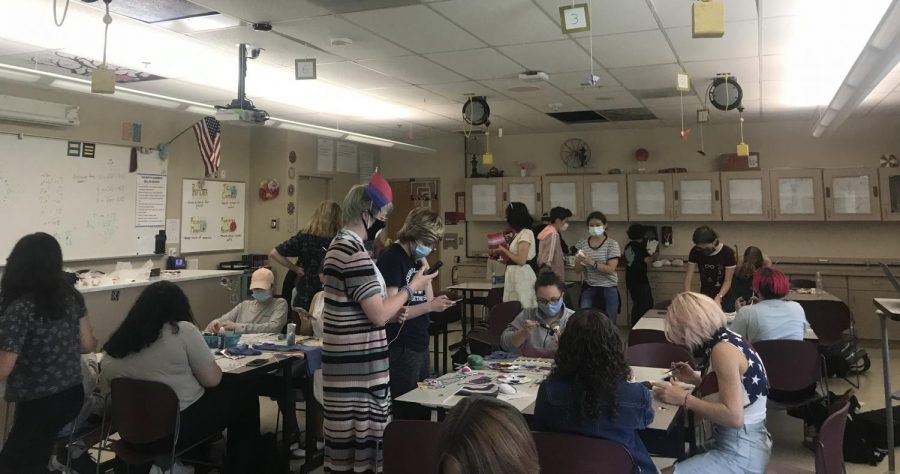



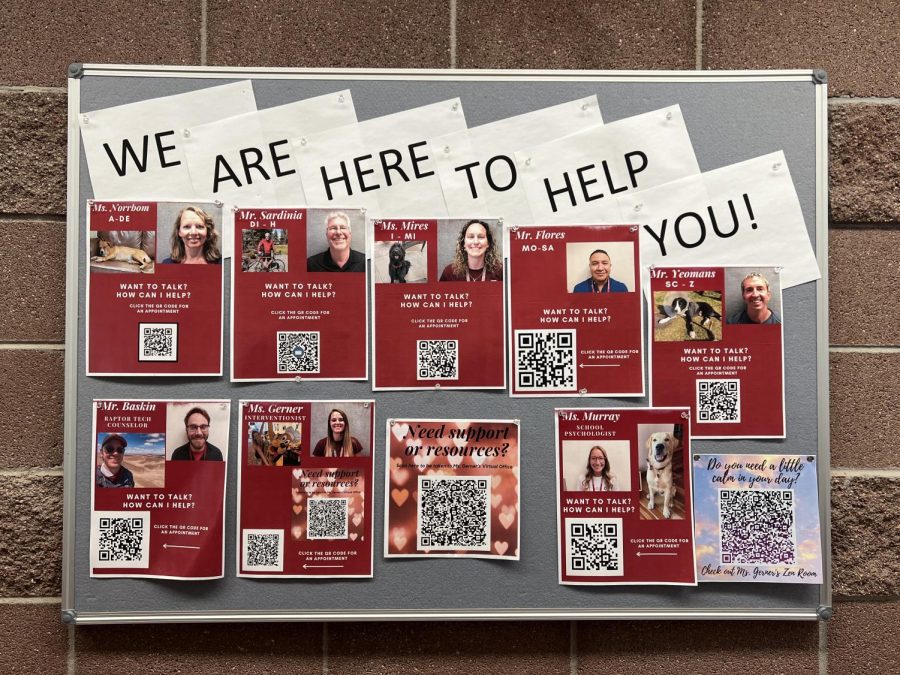
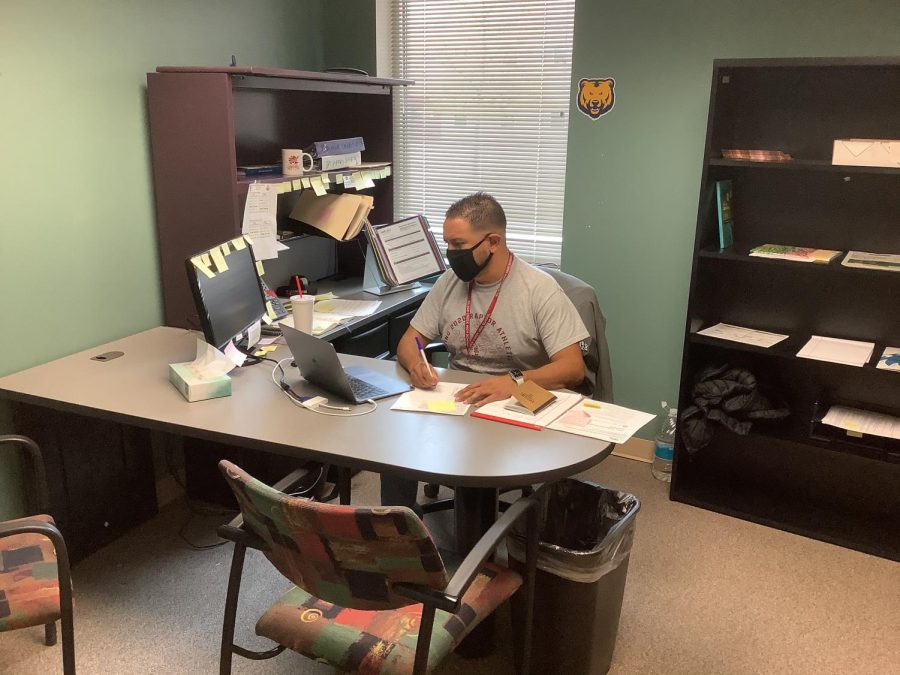

![Hosting the SCLA Casptone Mentor Dinner outside allowed for more attendees on September 27, 2021 at Silver Creek. This event would’ve usually been held inside. According to Lauren Kohn, a SCLA 12 teacher, “If we have a higher number of people, as long as we can host the event outside, then that seems to be keeping every[one] safe”.](https://schsnews.org/wp-content/uploads/2021/11/sxMAIGbSYGodZkqmrvTi5YWcJ1ssWA08ApkeMLpp-900x675.jpeg)


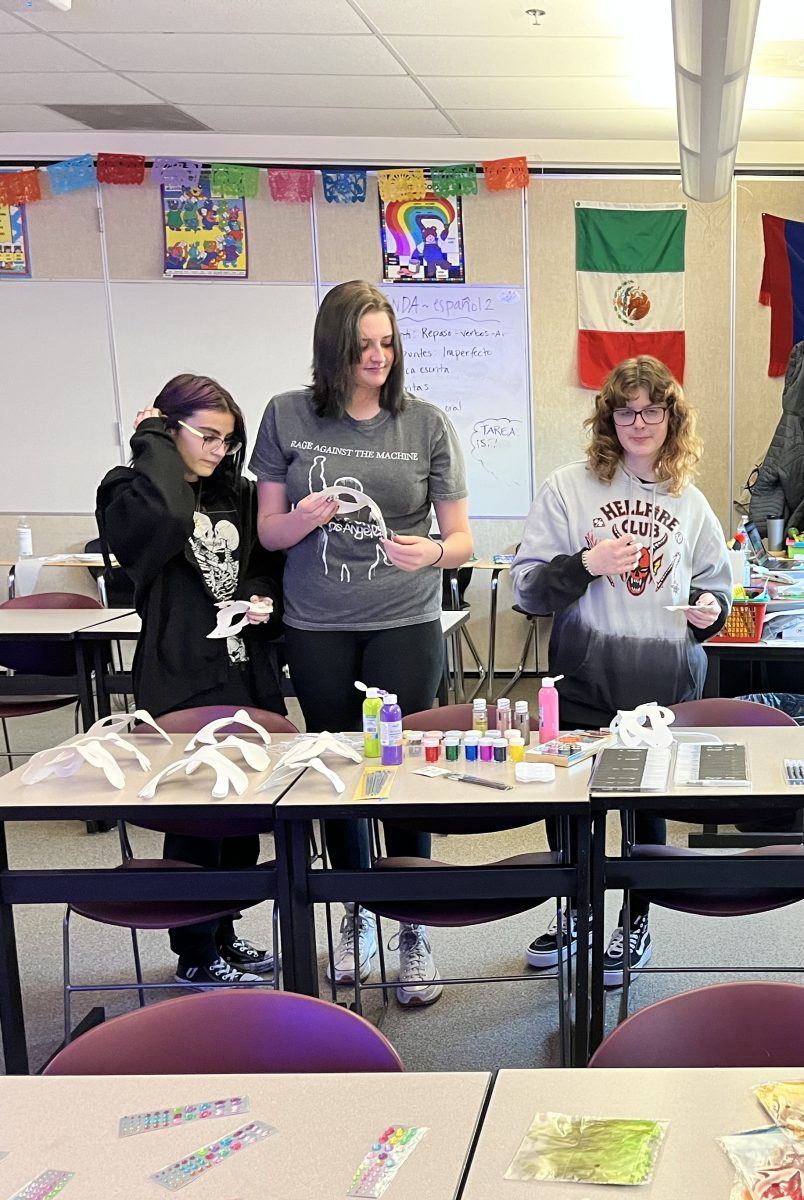

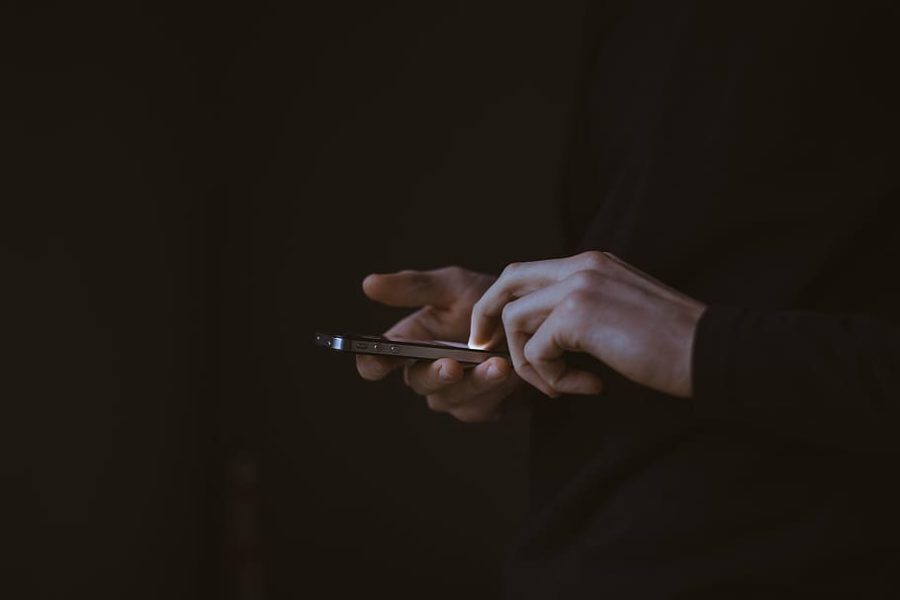






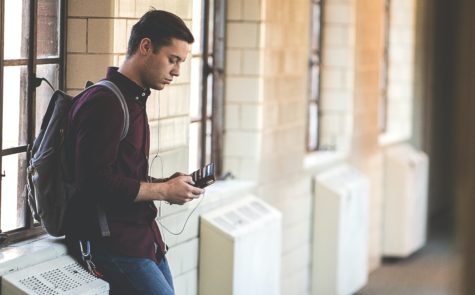
![[From Left] students Evy Deaton and Tyler Courtney sit near the front of D wing, doing class work.](https://schsnews.org/wp-content/uploads/2023/05/QC2oBNzi39goVNtXJdx8EO6jbLAJgntleYxRrxOW-475x356.jpg)
